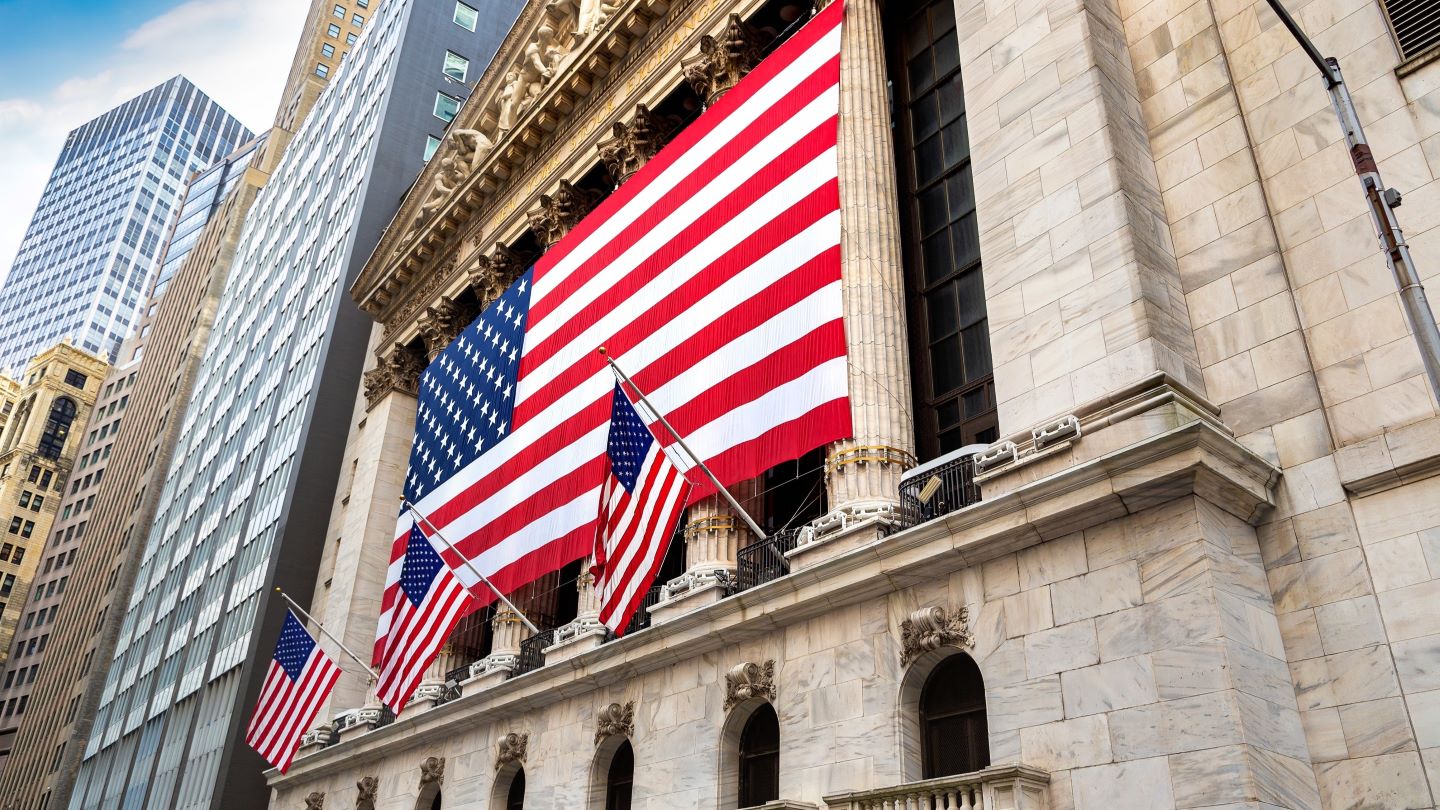The Federal Deposit Insurance Corporation Introduces New Proposals
The Federal Deposit Insurance Corporation (FDIC), a major regulatory body in the United States banking system, has recently made headlines by introducing two significant proposals. These proposals aim to alter the current approach to bank supervision, limiting the power of its examiners to nonfinancial issues and encouraging a focus on core financial risks instead. The move is a significant shift in policy, reflecting the changing landscape of the financial sector. Accompanying this article is an image that provides a visual representation of the FDIC (Credit: Sergii Figurnyi / Shutterstock.com).
Understanding the Proposals
The first proposal seeks to redefine the term “safety and soundness” for banks, limiting its scope to issues that pose a substantial financial risk to the institution. Under this proposed rule, regulators could resort to matters requiring attention and other enforcement actions only if a problem has caused or has the potential to inflict substantial financial harm to the bank or considerably increase its risk of failure.
The second proposal aims to formalize a policy that was first implemented by the Trump administration, which discarded the concept of “reputation risk”. This refers to a previously utilized standard when a firm’s actions could potentially generate negative publicity, potentially harming a bank’s business or leading to expensive litigation.
Industry Reactions and Implications
Industry groups have historically criticized the “reputation risk” standard, arguing that it has led to “debanking”, a phenomenon where banks deny services to customers on political or other similar grounds. FDIC acting chairman Travis Hill has called this standard “ripe for abuse” and stated that it “adds no value” to bank supervision. The new proposal, therefore, would prohibit examiners from pressuring banks to deny services based on political, social, cultural, or religious viewpoints.
This change comes after President Trump signed an executive order in August to ensure all U.S citizens have fair access to banking services. This order instructs federal regulators to ensure that banks do not discriminate against individuals based on their political or religious beliefs, or on the legality of their business activities. These recent developments underline the evolving dynamics in the banking sector and the efforts to strike a balance between risk management and inclusivity.
As the financial industry continues to evolve, it is crucial to stay abreast of the latest news and developments. Sign up for our daily news round-up to give your business a competitive edge with our leading industry insights.
Source: Here






